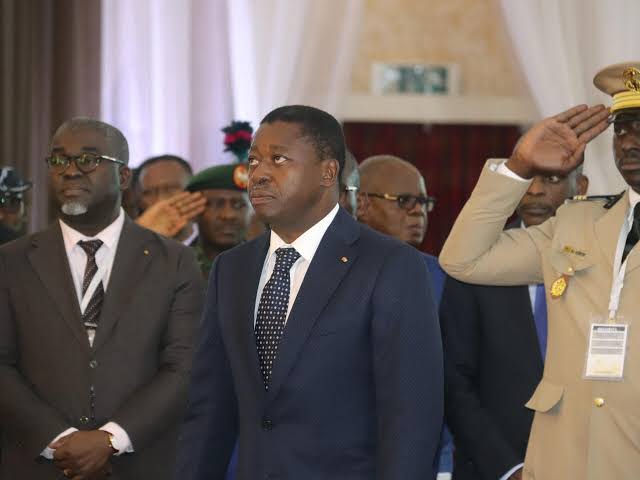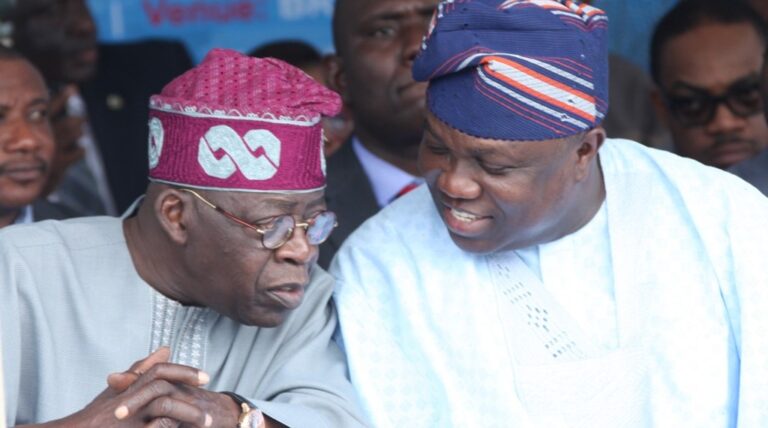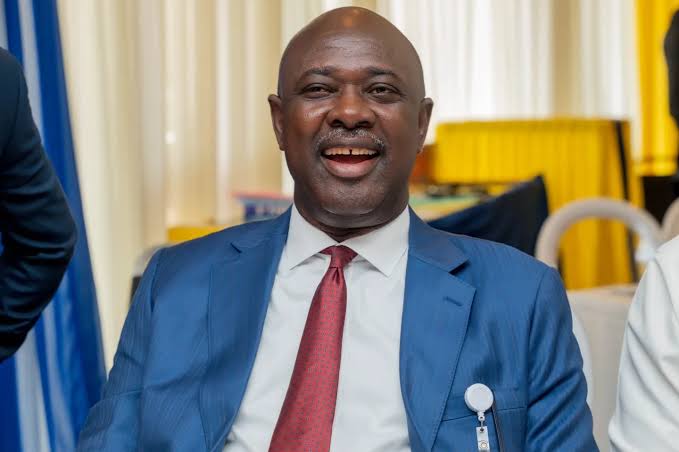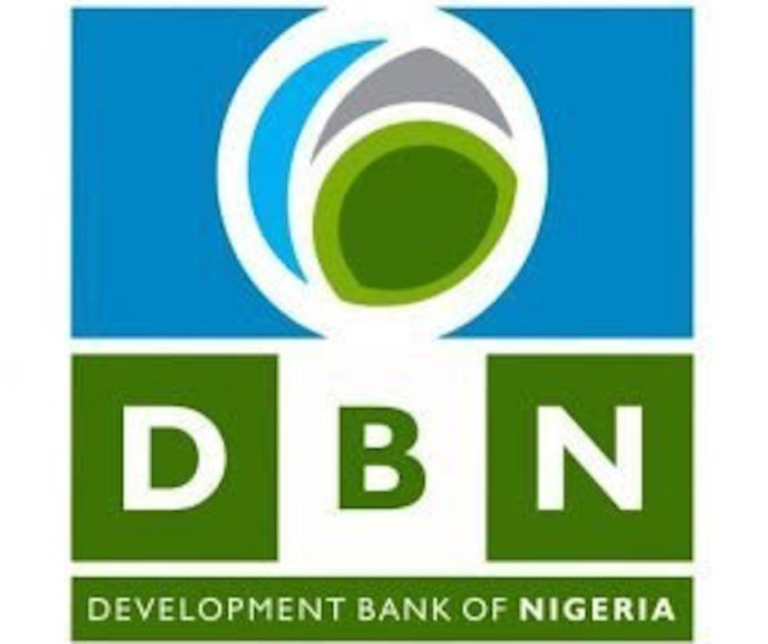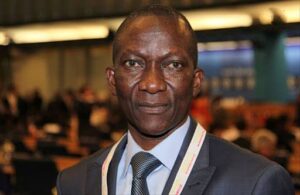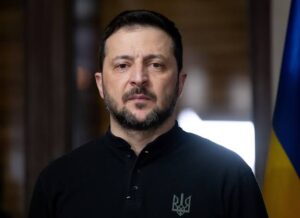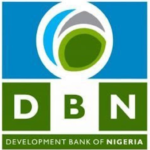With charges of a constitutional coup and worries about democratic regression, the decision has sparked fierce opposition from political leaders and civil society.
Opposition cries foul
Strong opposition was voiced by Jean-Pierre Fabre, president of the National Alliance for Change (ANC), who described the action as a blatant breach of the constitution.
“It’s over; enough is enough. We will engage in combat. He said, “Everyone is aware that they broke Articles 52 and 59 of the Constitution.”
Front Citoyen Togo Debout (FCTD) spokesperson David Dosseh also denounced the reform, comparing it to a coup d’état.
“Togo is currently experiencing a constitutional coup d’état that is occurring without consequence. However, we won’t accept it this time,” Dosseh declared firmly.
Brigitte Kafui Adjamagbo-Johnson, coordinator of the Democratic Opposition Coalition (DMP) and a member of the “Don’t Touch My Constitution!” Front, reaffirmed this view.
“This constitution is not recognized by us. However, she hinted at further resistance when she said, “Our response is very simple if they insist and present it to us.”
Government defends reform
Lawmakers from the ruling Union for the Republic (UNIR) party have defended the reforms in spite of the criticism, claiming they improve democratic governance and participation.
According to Kouméalo Anaté, a lawmaker from President Faure Gnassingbé’s UNIR party, “Togo has just opened a new page in its march towards a country that is, shall we say, an even more inclusive and participatory democracy.”
The UNIR parliamentary group’s vice president, Sénou Soklingbé, allayed concerns that the reform would prolong the president’s tenure indefinitely.
“No one can claim that every effort is made to guarantee the President of the Republic’s indefinite tenure in office, even if he were to assume the role of President of the Council tomorrow. Who will be the President of the Council is decided by the majority of the National Assembly, Soklingbé explained.

